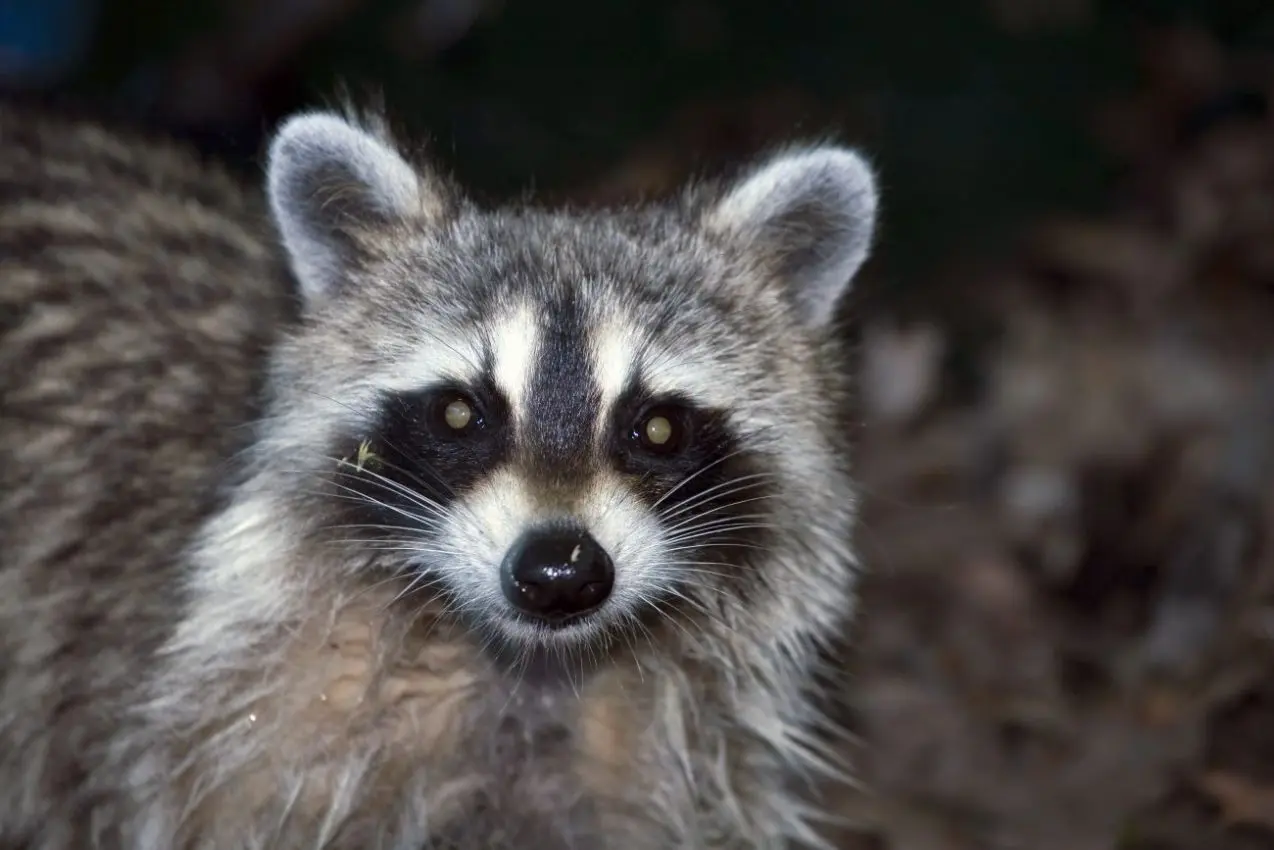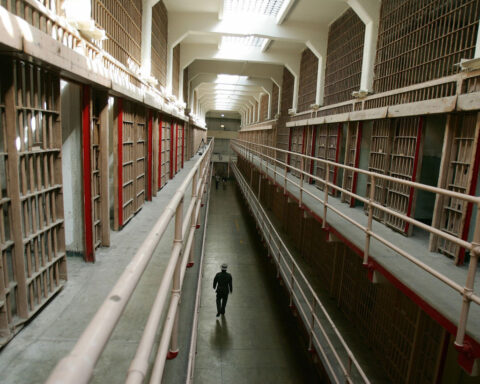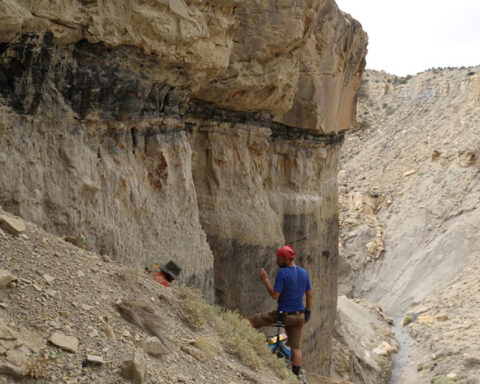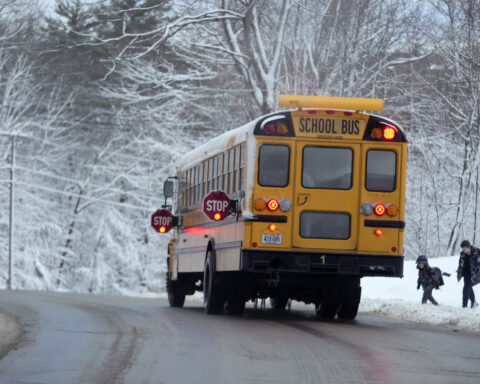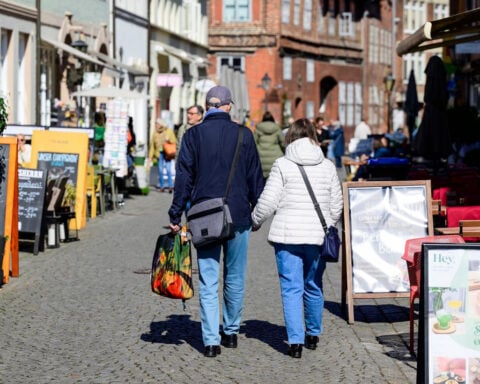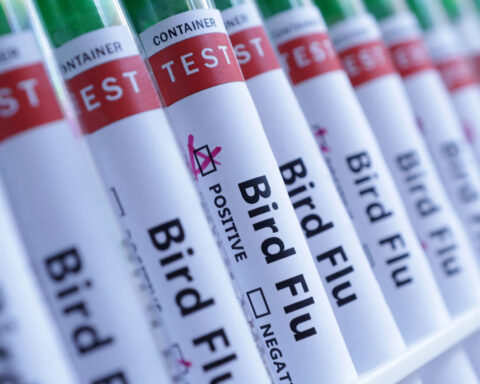A group of scientists in New York set traps for local wildlife, such as possums and raccoons, for months, ranging from Staten Island to Queens. Their goal was not to tag and release the animals but rather to thoroughly examine and swab them for pathogens that could be harmful to humans before the creatures disappeared back into the shadows of the city. Their goal is to shield city people from animal diseases that might be hidden among the furry residents who live off the main road in the large city.
The Columbia University researchers aim specifically to trace coronaviruses and other viruses jumping from wildlife to humans, especially in overwhelmingly populated New York City where green spaces remain crisscrossed with neighborhoods, parks, and converted industrial land. They already identified one novel feline coronavirus traced to infected local mice - hinting at complex pathogen flow between species aided inadvertently by human feeding stations.
Studying biological spillover more broadly spotlights surprising risks accompanying mushrooming megacities and climate shifts redrawing animal travel patterns over coming decades. But lead investigator Dr. Maria Diuk-Wasser argues that improved surveillance also promises protection by tracing pathogens before major outbreak events.
“We have all of these close interactions with each other whether we know it or not,” said grad student Laura Plimpton while sampling raccoons in Forest Park near dawn. “It’s always happening around us.”
The team began focused on tick monitoring and how features in natural areas influence animal transit. Diuk-Wasser’s past tick research on Staten Island demonstrated landscape impacts on deer, rodents, and people vectoring Lyme disease bacteria ultimately derived strong predictive power over infections.
Yet COVID-19’s zoonotic emergence shifted attention towards less studied respiratory viruses moving amongst urban and suburban wildlife frequently contacting people and pets in shared habitats. Even as headline pandemic risks recede, scientists recognize wholly new pathogens could spill over in any city alley or backyard at the planet’s expanding nexus of nature and metropolis.
Early surveillance already exposed a canine distemper virus outbreak racing between raccoons and skunks in Brooklyn’s famed Green-Wood Cemetery last summer. The finding triggered targeted vaccination and habitat shifts curtailing food access to discourage animal clustering. Critically, analyses of raccoon GPS movements and distemper genome sequencing should reveal precisely how cemetery features and neighborhood feedings enabled spread. Future scrutiny will uncover wider urban disease ecology while guiding interventions that benefit all species exposed.
“Establishing healthier boundaries with wildlife requires literally everyone’s cooperation,” said Green-Wood sustainability manager Sara Evans. That cooperative ethos now extends across the city in Plimpton and Diuk-Wasser’s partnerships with federal wildlife experts, zoo veterinarians, and pathology labs.
Together the growing web systematically traps urban fauna from multi-acre parks to single street trees for extensive personalized exams yielding valuable biological specimens. Any one animal might donate blood, ticks, tissue, fur swabs, and more towards research objectives in this catch-and-release detective work.
And the hundreds of accumulated samples, representing extensive urban biodiversity, provide raw material for myriad inquiries beyond present questions into pathogen prevalence. Plimpton envisions advanced DNA sequencing capable of identifying all viruses carried by NYC raccoons alone as but one future analysis made possible by carefully catalogued urban biobanks.
For now, chasing concealed threats relies on decidedly less glamorous grunt work like repeated 3amwake-up calls to stake out known raccoon or opossum territories. As the sun rises over makeshift field stations, fruitful trapping shift gears into assembly line physicals on sedated critters racing against anesthetic duration.
Cute appearances belie potential microscopic menaces lurking in squirmy fur requiring quick processing before animals spontaneously awaken. Thus fur flies as vets, technicians, and researchers meticulously collect ticks and tissues awaiting later testing over exhausting but exhilarating pre-dawn sprints. Each mini-biopsy inch by swab by blood vial contributes infinitesimal insight that accrues gradually into hard-won communal safety.
Because contagion crushing requires seeing cities afresh: wildness never disappeared but rather adapted dynamically alongside urbanization. And modern abundance invites risks unless stewarding nature’s resiliency and society’s engenders protection for all species.

 Trump has begun another trade war. Here's a timeline of how we got here
Trump has begun another trade war. Here's a timeline of how we got here
 Canada's leader laments lost friendship with US in town that sheltered stranded Americans after 9/11
Canada's leader laments lost friendship with US in town that sheltered stranded Americans after 9/11
 Chinese EV giant BYD's fourth-quarter profit leaps 73%
Chinese EV giant BYD's fourth-quarter profit leaps 73%
 You're an American in another land? Prepare to talk about the why and how of Trump 2.0
You're an American in another land? Prepare to talk about the why and how of Trump 2.0
 Chalk talk: Star power, top teams and No. 5 seeds headline the women's March Madness Sweet 16
Chalk talk: Star power, top teams and No. 5 seeds headline the women's March Madness Sweet 16
 Purdue returns to Sweet 16 with 76-62 win over McNeese in March Madness
Purdue returns to Sweet 16 with 76-62 win over McNeese in March Madness
